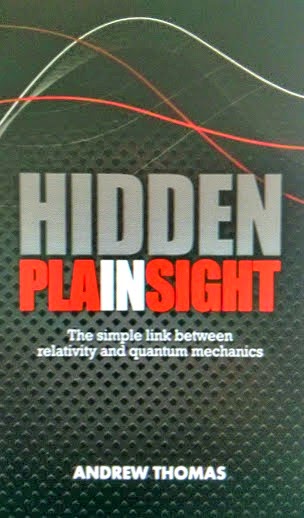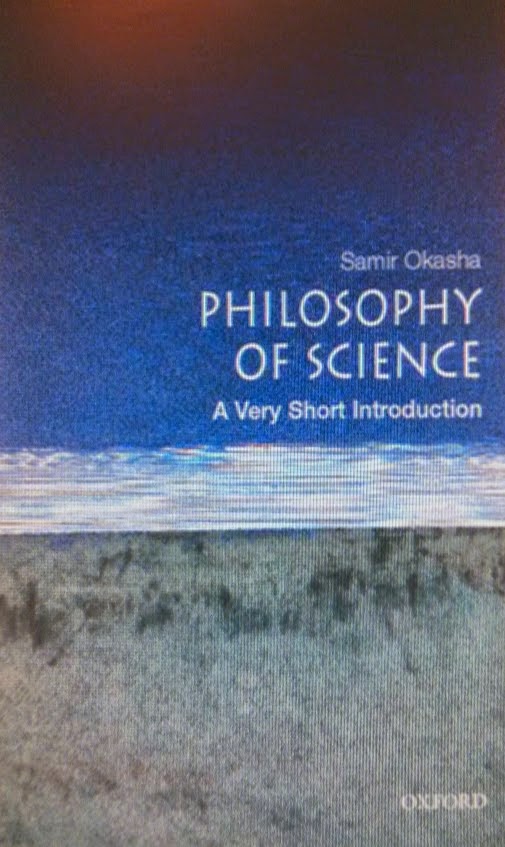Physics isn’t the most popular book topic people
gravitate towards when looking for a subject worthy of reading. Hidden in Plain
Sight by Andrew Thomas provides a broad overview of modern physics. Even though
the topics can be quite complex to lay readers this book has simplified the
principles so that seemingly complex topics are covered parsimoniously.
Two theories have dominated physics for more than a
century. General relativity and quantum mechanics have allowed scientists to
explore the universe with satellites and has led to new momentum in the space
race. The two theories have not been well connected in literature.
General relativity explains how objects
relate to each other in space as well as the influence of gravitational forces on the movement of those objects.
Quantum mechanics helped scientists develop the laser, computers, and other high
processing products. It is possible to argue that general relativity is about
big things while quantum mechanics looks at little things.
Quantum mechanics tells us how particles behave and
how they influence each other on a miniscule scale. The problem is that in physics
all particles and objects are relatively the same and should be following similar
rules. Whether one is looking through a microscope or a telescope the same
principles should be at work based upon the type of elements involved.
In Quantum mechanics everything in the universe is
connected to everything else. They may seem like they are separate but that is
not the case. Two particles may work together in unison in a system that
develops its own unique attributes. Some objects may have distance between the elements but can
still influence each other in a more complex arrangement.
Thomas, A. (2012) Hidden in Plain Sight: The simple link between relativity and quantum mechanics. [Kindle Edition].

